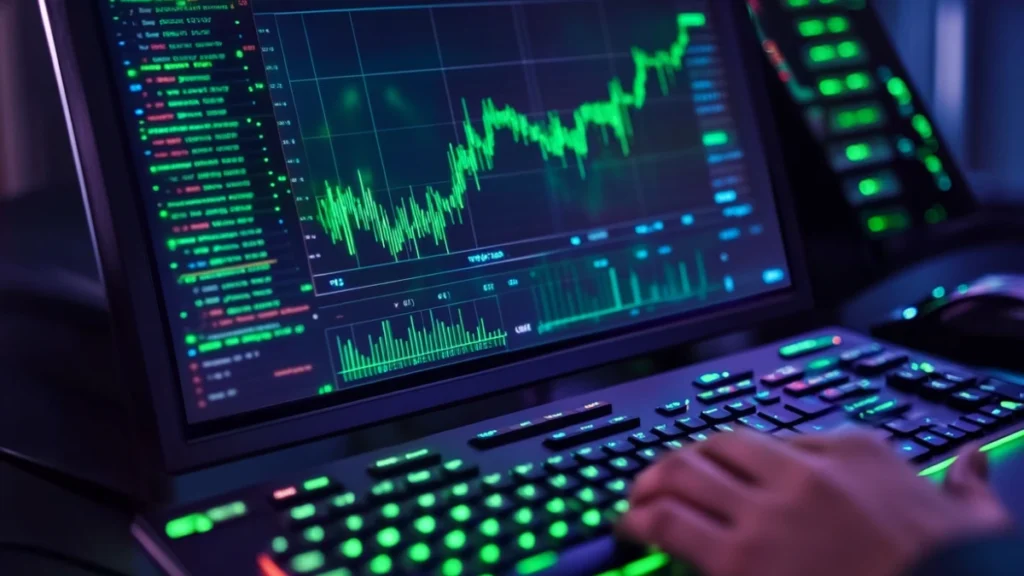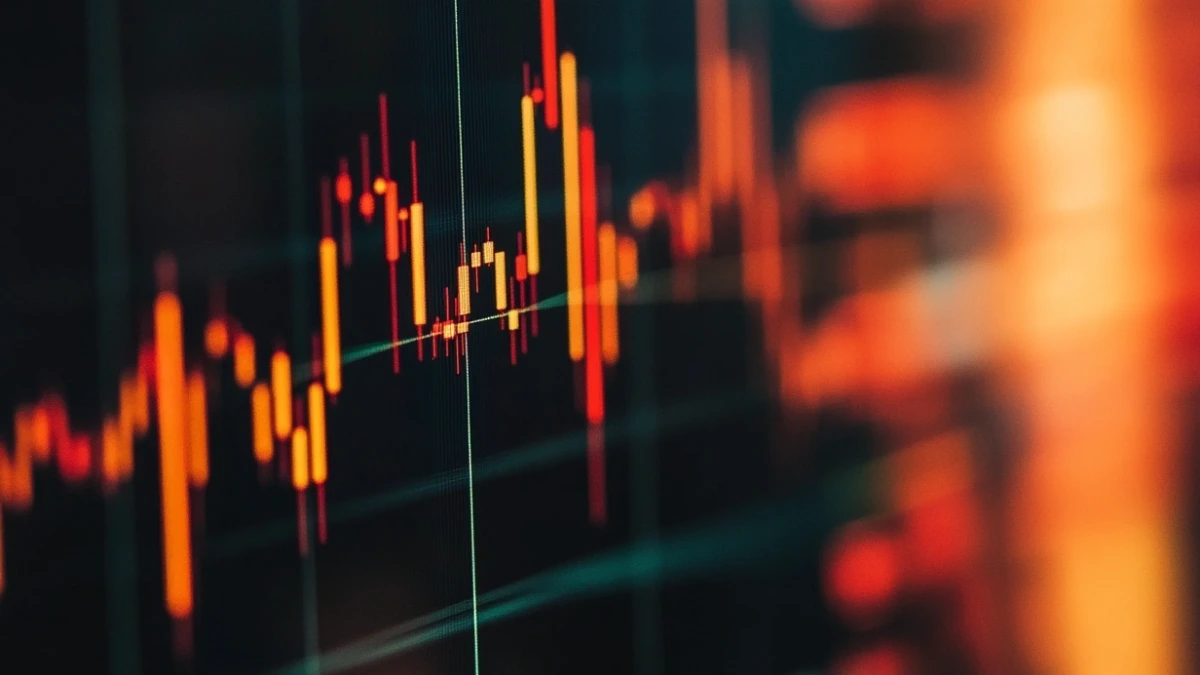Introduction
Affiliate marketing can be a powerful business model — when it’s used with integrity. But in the trading world, it has become one of the most exploited tools by fake educators and influencers who secretly profit every time you lose money with a broker they promote.
You’ve probably seen it:
• “Best broker for beginners – sign up here!”
• “Trade with my link and get a bonus!”
• “My #1 recommended platform (with a surprise signal group invite)”
What they don’t tell you is this:
Many of these “recommendations” are driven not by performance, but by commissions — sometimes as high as $500+ per trader, or even a percentage of your losses.
In this article, we’ll uncover:
• How shady broker affiliate programs really work
• The hidden link between fake educators and unregulated platforms
• Why beginners are the prime targets
• How to tell if a review or “free course” is secretly sponsored
• What to do instead when choosing a safe, honest broker
This is the side of trading social media no one talks about — but every trader needs to know.
How Affiliate Programs Work in the Trading Industry (And Why They Target Beginners)
Affiliate marketing is a simple concept:
When someone clicks a link, signs up, and starts trading — the person who shared that link gets paid.
But in the trading industry, this system is often misused in dangerous ways.
Here’s how it works step-by-step:
✅ Step 1: A Broker Sets Up an Affiliate Program
Many brokers (especially unregulated or offshore ones) offer aggressive affiliate deals:
• CPA (Cost per Acquisition): A flat payout when someone deposits and trades (often $250–$1000 per trader)
• Revenue Share: A commission based on how much the trader loses over time
• Hybrid Models: A combination of upfront payout + profit share from losses
For unregulated brokers, this becomes a core part of their growth model: recruit affiliates, not traders.
✅ Step 2: Influencers and “Educators” Join the Program
Once the affiliate link is ready, the next step is promotion.
This is where trading influencers, course sellers, and signal providers come in. They begin:
• Recommending specific brokers in every video/post
• Offering “free signals” or “VIP access” if you sign up through their link
• Creating comparison charts that always put their affiliate broker at the top
• Claiming exclusive perks (like better spreads or service) that don’t really exist
The goal is to drive as many sign-ups as possible, not to help you find a safe broker.
✅ Step 3: You Deposit, Trade — and They Get Paid
As soon as you open an account and deposit funds, the affiliate earns money.
• If it’s a CPA deal, they get paid immediately
• If it’s a revenue share, they get ongoing payments as long as you’re active (or losing)
This creates a huge conflict of interest — because the affiliate doesn’t care if you win or lose. In fact, they often earn more when you lose.
That’s why you’ll rarely hear them talk about:
• Proper regulation
• Withdrawal issues
• Slippage or execution delays
• Real user reviews
• Their own experience withdrawing large amounts
Instead, they’ll offer bonuses, pressure tactics, and “educational content” that’s just a funnel.

✅ Why Beginners Are the #1 Target
New traders are the easiest to convert because:
• They’re actively looking for guidance
• They don’t know how to check if a broker is regulated
• They trust social proof (likes, shares, testimonials)
• They’re vulnerable to big promises like “low spreads, fast execution, free signals”
This makes beginners the most profitable segment for shady affiliates — and the most at risk of falling into long-term loss cycles.
The Hidden Partnership: How Fake Gurus and Shady Brokers Work Together Behind the Scenes
It’s not just about a simple link. Many so-called “trading educators” are actively partnered with brokers, forming relationships that go much deeper than a standard affiliate program.
This hidden collaboration is what turns education into exploitation.
Here’s how it typically works:
🤝 Behind Closed Doors: The Broker Deals
Brokers approach influencers and offer custom affiliate deals. These often include:
• Higher CPA rates if the influencer hits monthly signup targets
• Revenue share bonuses if traders remain active (i.e., continue losing)
• Private dashboards to track how much each trader deposits, loses, or trades
• Kickbacks for promoting exclusive “offers” or hosting webinars
The more money you deposit and lose, the more money the educator makes — without ever risking their own capital.
🎥 The Marketing Machine: Content with a Hidden Agenda
Once the partnership is in place, the educator creates:
• “Best broker” videos, blogs, and social media posts
• Fake withdrawal proof to build trust
• Broker tutorials that subtly push signups
• Live trading sessions that showcase the platform — but never reveal long-term performance
All of this is designed to seem educational — but the real goal is to convert viewers into funded accounts, not informed traders.
📉 The Aftermath: Trapped Traders, Vanishing Support
Once traders sign up and start trading, they often face:
• Unexplained losses
• Manipulated spreads
• Withdrawal delays or denials
• Lack of customer support
• Sudden account closures due to vague “violations”
When these issues arise, the educator is nowhere to be found.
They might even block questions, delete comments, or shift the blame entirely to the trader.
Why? Because by then, the affiliate commission has already been paid.
🚨 This Isn’t Just Unethical — It’s Strategic
Many of these “mentors” build their entire business model around volume-based affiliate payouts. That’s why:
• Their courses are cheap or even free
• Their signal groups are linked to specific broker signups
• Their reviews are suspiciously positive and full of vague praise
• They refuse to recommend regulated brokers that don’t offer affiliate deals
It’s not about finding you the best broker — it’s about finding the broker that pays them the most.
How to Protect Yourself From Broker Affiliate Traps
Not all affiliate marketers are bad. But in the trading world, the conflict of interest is real — and if you don’t know how to spot it, you could lose money before you even place a trade.
Here’s how to stay safe and choose the right broker for you:
✅ 1. Always Check for Regulation (Not Just Reviews)
Before signing up with any broker:
• Verify if they are regulated by trusted authorities like FCA (UK), ASIC (Australia), or CFTC (USA)
• Look up their license number on the official regulator’s website
• Avoid brokers with only offshore or unknown licenses (e.g., Belize, St. Vincent, Seychelles)
A flashy website means nothing without proper regulation.
✅ 2. Don’t Trust the “Top 5 Broker” Lists Without Proof
Many “top broker” lists are sponsored posts created by affiliates.
Here’s how to spot the difference:
• Real reviews include both pros and cons
• Trustworthy sites compare fees, spreads, customer service, and withdrawal success
• Suspicious lists are vague and include only affiliate links
Use independent sources — not just influencer rankings.
✅ 3. Watch for Freebies With a Catch
Be careful if someone says:
• “Get my course for free — just sign up with this broker”
• “Join our signal group only through this link”
• “Exclusive bonuses when you deposit now”
These offers often exist to hide the affiliate commission. If there’s no education without a broker signup — that’s a red flag.
✅ 4. Ask Questions (And Notice Who Avoids Answers)
Before trusting anyone’s recommendation:
• Ask what broker they use personally
• Ask why they recommend that broker over others
• Ask if they earn from your signup
• Ask if they’ve ever had withdrawal issues or slippage
If they ignore or dodge the questions — you have your answer.
✅ 5. Use Demo Accounts First — And Withdraw Early
Before committing:
• Start with a demo account to test spreads, chart quality, and speed
• Make a small deposit, trade lightly, and attempt a withdrawal
• See how fast they respond to support tickets
• Look for unexpected fees or trade restrictions
A good broker will be smooth from day one. A bad one will show cracks as soon as money is involved.
Conclusion: Education First, Links Second
A mentor who truly wants to help will recommend safe, regulated brokers — or none at all. They’ll teach you how to think, not just how to sign up.
Your broker is your gateway to the markets. Choose wisely — and don’t let someone else’s paycheck decide where you place your money.

👉 Up next in this anti-scam series:
We’ll break down how “VIP trading groups” and “exclusive signals” often become psychological traps, keeping traders stuck, dependent, and emotionally manipulated.
Many beginners fall victim to educators who appear successful but offer no proof of real trading results. Before trusting any signal group or course, it’s essential to understand how prop firms like FTMO operate — these firms offer traders a chance to prove their skills with real capital, unlike shady mentors who profit only through affiliate commissions. For a breakdown of trusted trading tools and strategy resources, check out our guide on trading psychology tips to help build real discipline.

